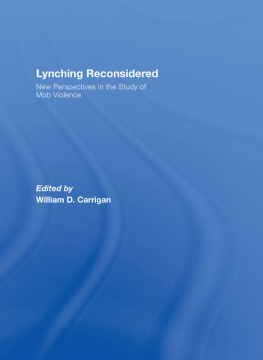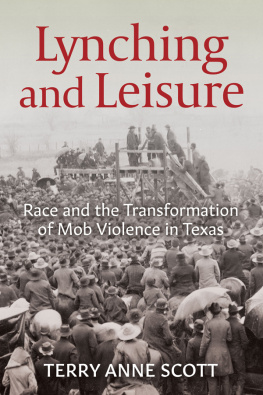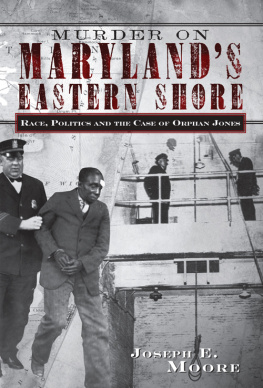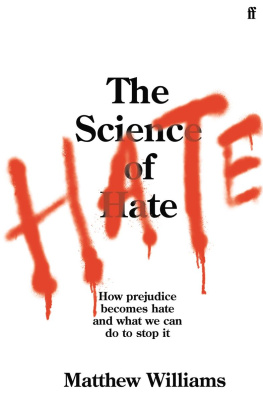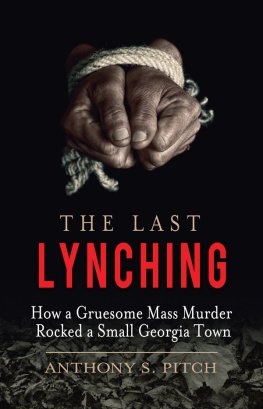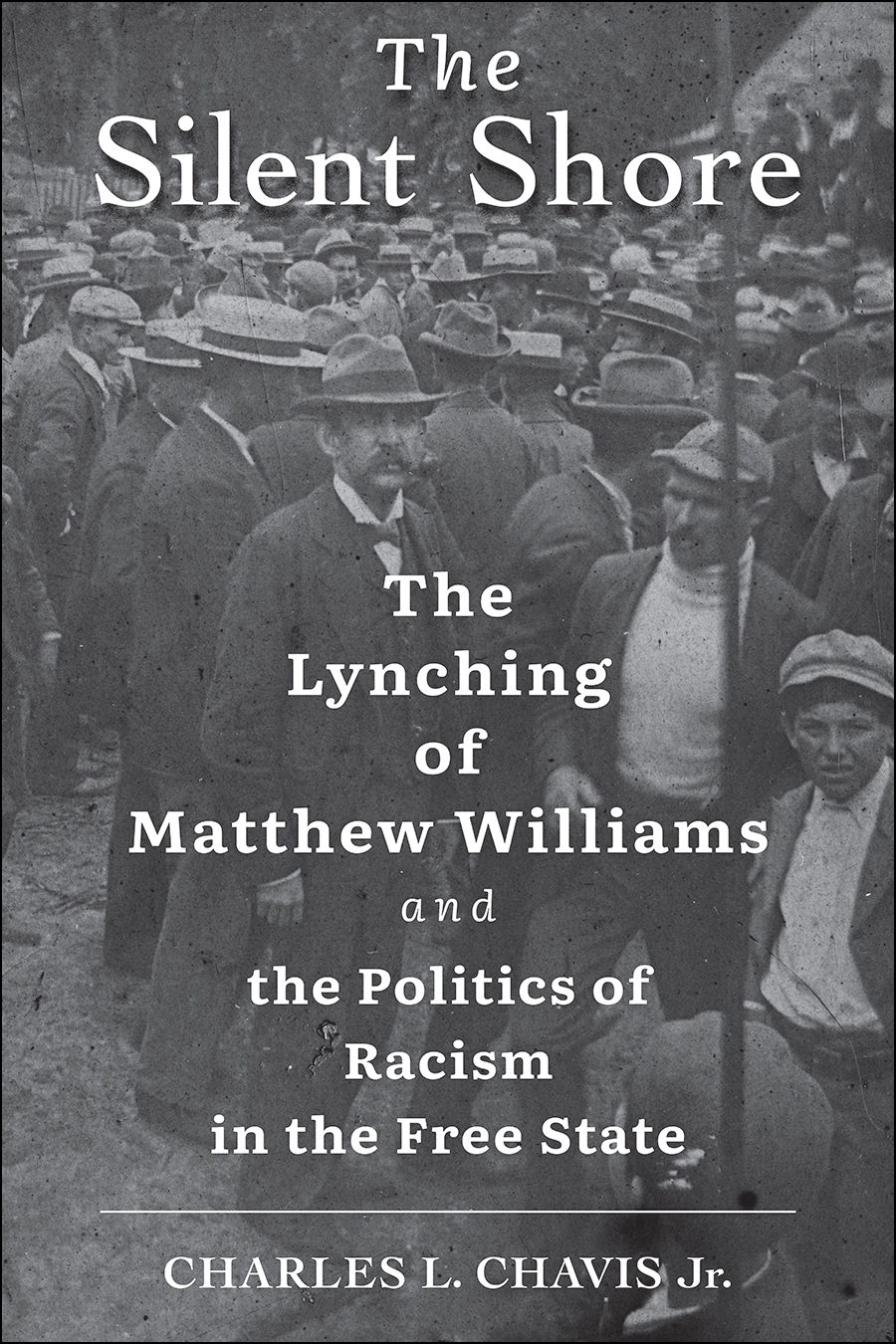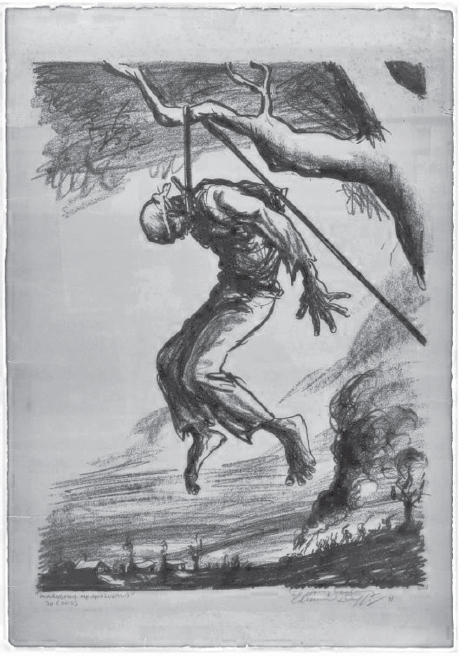Charles L. Chavis Jr. - The Silent Shore: The Lynching of Matthew Williams and the Politics of Racism in the Free State
Here you can read online Charles L. Chavis Jr. - The Silent Shore: The Lynching of Matthew Williams and the Politics of Racism in the Free State full text of the book (entire story) in english for free. Download pdf and epub, get meaning, cover and reviews about this ebook. City: Baltimore, year: 2022, publisher: Johns Hopkins University Press, genre: History. Description of the work, (preface) as well as reviews are available. Best literature library LitArk.com created for fans of good reading and offers a wide selection of genres:
Romance novel
Science fiction
Adventure
Detective
Science
History
Home and family
Prose
Art
Politics
Computer
Non-fiction
Religion
Business
Children
Humor
Choose a favorite category and find really read worthwhile books. Enjoy immersion in the world of imagination, feel the emotions of the characters or learn something new for yourself, make an fascinating discovery.

- Book:The Silent Shore: The Lynching of Matthew Williams and the Politics of Racism in the Free State
- Author:
- Publisher:Johns Hopkins University Press
- Genre:
- Year:2022
- City:Baltimore
- Rating:4 / 5
- Favourites:Add to favourites
- Your mark:
The Silent Shore: The Lynching of Matthew Williams and the Politics of Racism in the Free State: summary, description and annotation
We offer to read an annotation, description, summary or preface (depends on what the author of the book "The Silent Shore: The Lynching of Matthew Williams and the Politics of Racism in the Free State" wrote himself). If you haven't found the necessary information about the book — write in the comments, we will try to find it.
The definitive account of the lynching of twenty-three-year-old Matthew Williams in Maryland, the subsequent investigation, and the legacy of modern-day lynchings.
On December 4, 1931, a mob of white men in Salisbury, Maryland, lynched and set ablaze a twenty-three-year-old Black man named Matthew Williams. His gruesome murder was part of a wave of silent white terrorism in the wake of the stock market crash of 1929, which exposed Black laborers to white rage in response to economic anxieties. For nearly a century, the lynching of Matthew Williams has lived in the shadows of the more well-known incidents of racial terror in the deep South, haunting both the Eastern Shore and the state of Maryland as a whole. In The Silent Shore, author Charles L. Chavis Jr. draws on his discovery of previously unreleased investigative documents to meticulously reconstruct the full story of one of the last lynchings in Maryland.
Bringing the painful truth of anti-Black violence to light, Chavis breaks the silence that surrounded Williamss death. Though Maryland lacked the notoriety for racial violence of Alabama or Mississippi, he writes, it nonetheless was the site of at least 40 spectacle lynchings after the abolition of slavery in 1864. Families of lynching victims rarely obtained any form of actual justice, but Williamss death would have a curious afterlife: Marylands politically ambitious governor Albert C. Ritchie would, in an attempt to position himself as a viable challenger to FDR, become one of the first governors in the United States to investigate the lynching death of a Black person. Ritchie tasked Patsy Johnson, a member of the Pinkerton detective agency and a former prizefighter, with going undercover in Salisbury and infiltrating the mob that murdered Williams. Johnson would eventually befriend a young local who admitted to participating in the lynching and who also named several local law enforcement officers as ringleaders. Despite this, a grand jury, after hearing 124 witness statements, declined to indict the perpetrators. But this denial of justice galvanized Governor Ritchies Interracial Commission, which would become one of the pioneering forces in the early civil rights movement in Maryland.
Complicating historical narratives associated with the history of lynching in the city of Salisbury, The Silent Shore explores the immediate and lingering effect of Williamss death on the politics of racism in the United States, the Black community in Salisbury, the broader Eastern Shore, the state of Maryland, and the legacy of modern-day lynchings.
Charles L. Chavis Jr.: author's other books
Who wrote The Silent Shore: The Lynching of Matthew Williams and the Politics of Racism in the Free State? Find out the surname, the name of the author of the book and a list of all author's works by series.

